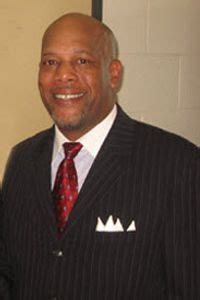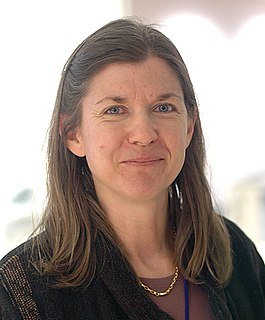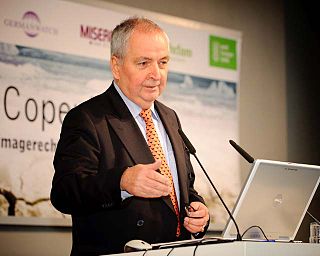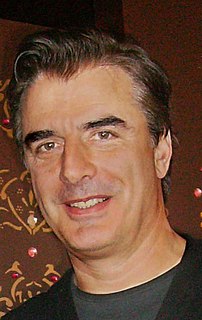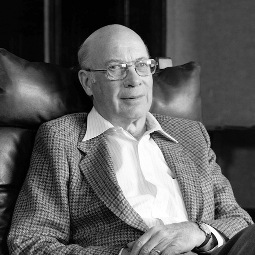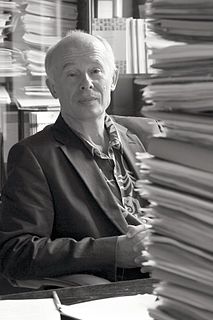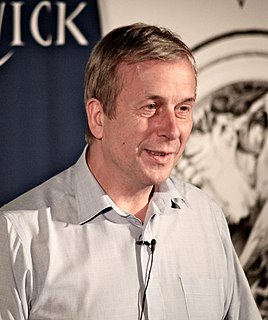A Quote by Thomas Friedman
Scientists tend to focus on what they don't know more than what they do know. And there are a lot of things we still don't know about the climate. But we know the difference between climate variability and climate change, and right now the amount of carbon in the atmosphere is well outside the variability pattern - and that's quite quantifiable.
Related Quotes
Despite the international scientific community's consensus on climate change, a small number of critics continue to deny that climate change exists or that humans are causing it. Widely known as climate change "skeptics" or "deniers," these individuals are generally not climate scientists and do not debate the science with the climate scientists.
I am worried about climate change. In one respect, I may be more worried than other people. I am worried because I have very little confidence that we know what is causing it....One of my fears is that we could reduce carbon emissions by some drastic amount, only to discover that-oops-it turns out that climate change is being caused by something else.
The IPCC (Intergovernmental Panel on Climate Change, a group of more than 2,500 scientists) has provided the world community with first class assessments of the soaring temperatures the world is facing, the devastating impacts of these rises and the ways in which we can try and avoid the worst effects of global warming. We now know climate change is real and the hand of humankind in this warming is becoming clearer and clearer.
We need healthy forests if we want to protect our climate. As the climate changes, forests become more vulnerable to insect outbreaks, droughts and wildfires. Simultaneously, when our forests are destroyed, their carbon is released back into the atmosphere, further impacting climate change. It's a horrifying one-two punch.
Overall, The Population Bomb was probably too optimistic. I was writing about climate change - Anne and I actually wrote the book. We discussed whether or not you'd have to take a gondola to the Empire State Building, and that sort of thing, but we didn't know at the time whether the climate change would be in the direction of heating or cooling. We just didn't know enough about it.
We now know that climate action does not require economic sacrifice. This is fully in line with the World Bank Group's findings. It is up to all of us to make smart policy choices that will help combat climate change. For example, putting a price on carbon is a necessary step and could drive resources and investments to a cleaner economy.



